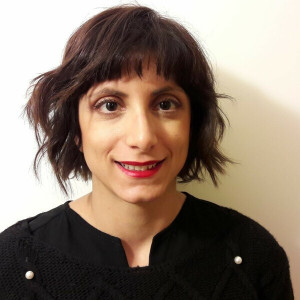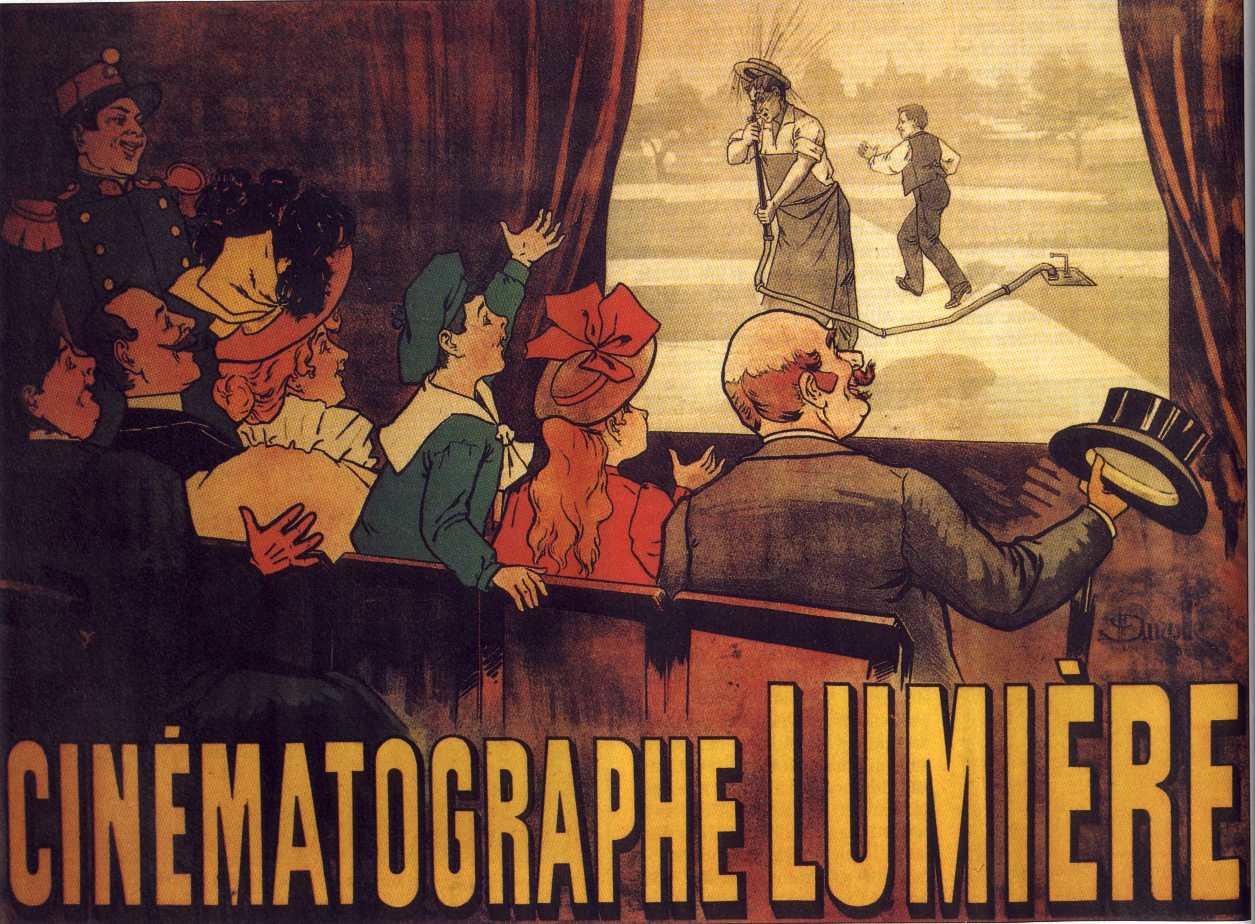You're never in for a bigger shock than when you first speak French. Most of us learn a foreign language, and even those who seemingly excel in school will quickly discover that a safe and comfortable classroom environment is nothing like being surrounded by native speakers who speak fluently.
Before you reach the stage of conversing with native speakers, equip yourself with some basic words and expressions. These are the tools that will kickstart your language-learning journey and empower you to communicate effectively. Here's our guide.

Essential French Words for Being Polite
While most people in any language are usually quite happy to hear people attempting to speak their language, some people will be annoyed because your French could be better. You can always sound better than you are by learning some French idiomatic expressions.
There are three ways around this: not caring what these rude people think, perfecting your French, or being as polite as possible when you speak their language.
The last of these solutions is the easiest to do as it simply requires learning some essential vocabulary.

Basic French Greetings and Farewells
Every conversation has to start somewhere, so unless you know the other person really well, it's important to learn the basic French phrases for greeting somebody.
Remember, in French culture, it's considered very rude not to start a conversation with at least a "bonjour." This cultural nuance is important to understand and respect. So, do not approach people, not even in shops or bars, and start talking to them without first greeting them.
You must also remember that when learning French, you must know the difference between the "tu" and "vous" forms, the former being informal and the latter formal.
Learn more about this beautiful language with French lessons Sydney on Superprof!
There are amusing examples of how to work out when you should use "tu" and "vous" in French. Still, it's better to err on the side of caution, start every conversation formally (unless talking to little children), and only change to the informal when the other speaker asks you to.
Typically, if you don't know the person, start with "Bonjour, comment allez-vous?" This is the formal way to say, "Hello, how are you?" It's a great place to start any conversation.
When meeting friends, people younger than yourself, etc., a more casual and informal greeting like “Salut, ça va?” (“Hi, how's it going?”) will also work.
At around 6:00 p.m., you also unlock the potential evening greeting "Bonsoir" (literally "Good evening"). If you're unsure, consider whether or not it's time for dinner.
“Bonne nuit" (Good night) is typically a farewell; you wouldn't use it unless you plan on leaving or going to bed. Please don't use it to start conversations.
Formal French Greetings
- Bonjour (morning/afternoon) – Hello
- Bonsoir (evening) – Good evening
- Âllo – Hello (on the telephone)
Formal French Farewells
- Au revoir (morning/afternoon/evening) – Goodbye
- Bonne nuit (evening, when leaving)
We've classified these as formal as they won't usually offend anyone for being too informal. You can also use them with close friends without looking too formal!

Casual French Greetings
These greetings are more fun for closer friends and people you know well. They can appear friendly with people you know, but avoid using them with strangers and in formal situations.
- Salut – Hi
- Coucou – Hey (usually when first seeing somebody, a greeting also to draw attention)
These greetings are inappropriate for greeting strangers or staff members in shops, restaurants, etc.
Casual French Farewells
Note that we have “salut” here as well. This can be used both when greeting people and when leaving.
- Salut – Bye
- Ciao! – Bye (this is from Italian, but it's also used in French)
You also have plenty of French phrases to indicate when you'll next see the person you're speaking to. These all start with "à", which means "until" in this context. Here are a few of them.
- À tout à l'heure – See you later (usually within the same day or a short time)
- À plus – See you later (on a different day, usually)
- À bientôt – See you soon
- À demain – See you tomorrow
- À lundi, (mardi, etc.) – See you Monday, (Tuesday, etc.)
Saying “Please” and “Thank You” in French
When trying to be polite in French, it always helps to say “please” and “thank you” in French. A beginner's French class will likely cover these with your basic greetings and farewells, but here's a table of the usual ones with the formal and informal versions.
| English word | French translation (formal) | French translation (informal) |
|---|---|---|
| Please | S'il-vous plaît. | S'il te plaît. |
| Thank you | Merci | Merci |
| Thank you very much | Merci beaucoup | Merci beaucoup |
| Excuse-me | Pardonnez-moi Excusez-moi | Pardon |
When somebody thanks you, always remember to say the French equivalent of "you're welcome".
Here are some of the expressions you could use:
- “De rien”: Literally translates as “of nothing”)
- “Il n'y a pas de quoi”: Something like “nothing to thank me for” or “it was nothing”)
- “Je vous en prie”: This means "I beg you," meaning "I beg you not to thank me for it". This is particularly formal.
In the same way that you should always greet people in France, never start a question or a request without having greeted somebody (it's seen as very rude not to), you should always thank people when you can and also respond to their thanks with one of the above phrases.

Useful Basic French Phrases When You Get Stuck
If you find yourself at the limits of your French knowledge, simply asking if somebody speaks English can be helpful.
Whether you're in a shop, looking for directions, ordering food, or meeting somebody for the first time, these expressions will likely come in handy in various situations.
| French Question | English Translation |
|---|---|
| Pardonnez-moi, parlez-vous anglais? | Excuse-me, do you speak English? |
| Comment vous appelez-vous? (formal) Comment t’appelles-tu? (informal) | What is your name? |
| Où puis-je trouver ….? Où ce trouve ….? | Where can I find…. ? |
| Combien ça coûte? | How much does it cost? |
| Est-ce-que ce bus s’arrête à….? | Does this bus stop at …..? |
| Je suis perdu. Est-ce-que vous pourriez me montrer où je suis? | I am lost. Can you show me where I am? |
| Avez-vous une carte anglaise? | Do you have menus in English? |
Questions are your allies in learning French. They can help you keep a conversation going, and even with a limited amount of French, you can use question words in French to clarify concepts, get more information, and just let people know how much you understand.
So, don't be afraid to ask!
We recommend that you study French question words and how to form questions in French to keep conversations flowing.
Basic French Words
Defining "basic" French words depends on what you're using your new language for. Typically, basic words refer to common concepts like dates and times, asking questions, and simple conversations tourists will have.
The French Alphabet
It's probably worthwhile starting your journey in French by learning these basic greetings and then familiarising yourself with the French alphabet, how letters are usually pronounced (there are a lot of exceptions), and knowing the names of the letters so that you can spell words and even learn how to spell new words.
Luckily for you, French has the same alphabet as English, so while you have to learn many more types of pronunciation, you only need to learn the names of 26 letters.
Colours in French
Then there are the colours. Making a list of colours in French and learning to spell and pronounce them will help. Download or print out a list of them, study them regularly, and soon you'll be able to describe things like clothes, animals, etc.
Because of grammatical gender in French, learning colours involves more than simply learning one way to say each colour. For specific colours, like blue, green, and white, for example, there are 4 different ways to spell the colour depending on the noun the colour describes.
Learn with an amazing tutor in French lessons Melbourne on Superprof.

Numbers in French
Numbers are another type of vocabulary you should consider learning. You can use numbers to count objects, describe distances, or even tell people phone numbers. Numbers are helpful alongside the French alphabet when discussing personal details like addresses, emails, etc.
Days of the Week and Months of the Year
Learning the days and months in French is also useful, as these will help you explain when things happened, even when your grammar won't allow it.
Since French uses the same calendar as English, everything translates quite nicely.
Learn French with a Private Tutor
In some ways, French is an easy language. In other ways, it can be a nightmare. In both cases, French is a rewarding and fun language to learn and will unlock a whole world of culture from the French-speaking world.
If you're looking for help learning French, we recommend working with a private tutor. They can teach you exactly what you want to know in a way that works best for you.
Whether you're looking for a local tutor to come and tutor you or you'd like to learn online with native French speakers worldwide, you can find them on the Superprof website. You could save some money by looking for group tutoring or hiring a tutor with some friends or family members.
Search for "French" on the Superprof website today! Many offer their first lesson for free, so why not try a few before choosing your ideal French tutor?
Find effective French courses on Superprof!
Summarise with AI:
























